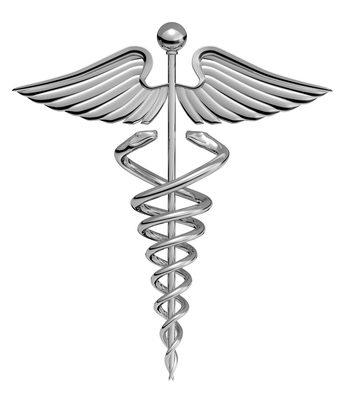In order to become a clinical nurse manager, one will have to earn a bachelor’s degree, pass the RN exam and complete a graduate degree program. These individuals will need to accumulate leadership experience through supervising others and discipline through ensuring that quality care is delivered to patients.
Step One – Earn a Bachelor’s Degree
While earning the Bachelor of Science in Nursing (BSN) degree, students should take as many business classes as possible. This includes courses in management, human resources, organizational behavior and finances. BSN degree programs teach students through a combination of lab, classroom and supervised clinical setting instruction programs. These degree programs are designed to meet the educational eligibility requirements to take the RN licensing examination. Students will learn the tools needed for career advancement and acquire competencies that based on professional standards. Samples classes include pathophysiology, evidence-based practices, nursing pharmacology and chronic illness management. Electives include community, leadership and mental health nursing.
Step Two – Earn a Master’s Degree
Once students pass the National Certification and Licensure Exam for RNs (NCLEX-RN), they will be ready to work as a nurse and continue their education to the graduate level. Most nurses earn a master’s of science in nursing, but a master’s of business administration or a master’s of health administration degree are both excellent academic choices. As long as the degree is approved by organizations like the Commission on Accreditation of Healthcare Management Education (CAHME), the graduate will be prepared for future managerial positions in health care organizations. These programs will build an understanding of the practical applications, theoretical concepts and operational issues associated with clinical management.
Step Three – Practice Future Job Duties
While working as an RN or nurse team leader, those who want to become nurse managers can prepare now for their future duties by accepting more responsibility and taking on leadership duties. They should learn how to select staff, coordinate assignments and support fellow employees. Coordinating activities related to scheduling work assignments will give RNs the priority and organization skills needed to direct the work of subordinates. Learning how to objectively evaluate performances and work techniques from a positive perspective will help. Nurse managers must know how to maintain records, prepare reports and compose formal communications regarding complex topics. RNs should also participate in research, teaching and resource programs.
Step Four – Gain Future Job Qualifications
RNs who want to become nurse managers can hone the skills and abilities that will qualify them for future positions. They should have a thorough knowledge of general nursing practices and principles that is maintained through continuing professional development. Because they should have intimate knowledge of specialized nursing techniques, many RNs chose to become licensed advanced practice nurses (APNs). Nurse managers will need to have a strong knowledge foundation of the natural sciences related to anatomy, biochemistry and microbiology. Familiarity with behavioral psychology and mental health practices is beneficial.
Some employees require clinical nurse managers to have a master’s degree in a clinical nursing specialty, such as pediatrics, surgery or psychiatry. Most employers want their clinical nurse manager to have three to four years of professional, post-graduate clinical nursing experience.
See also: How Much Do Nursing Directors Make?
